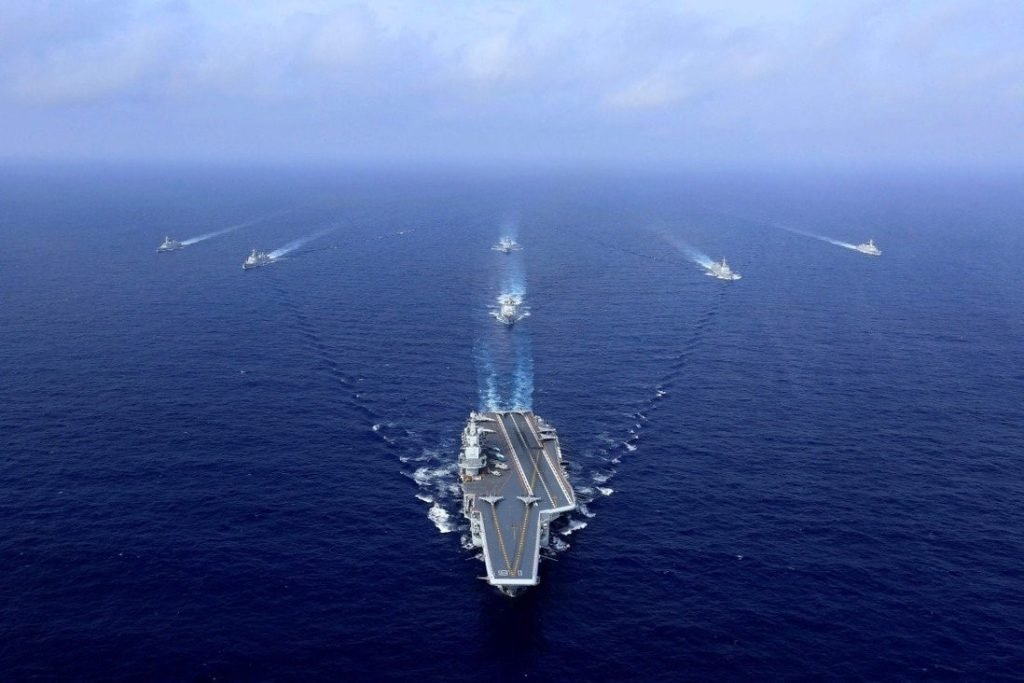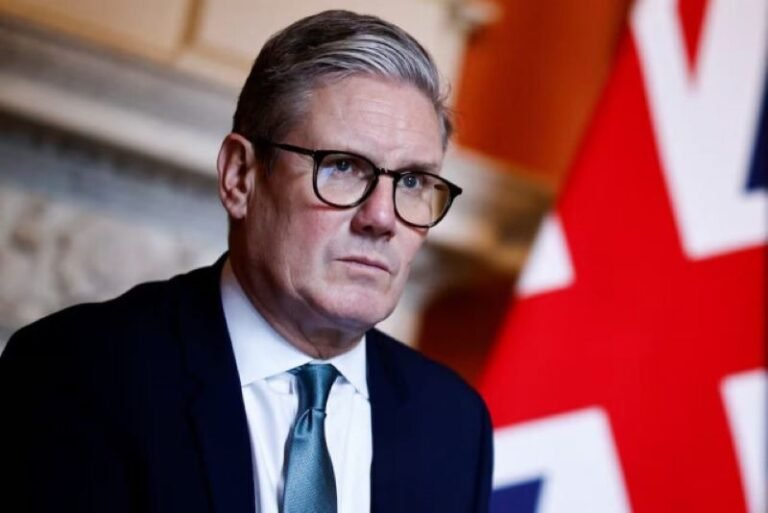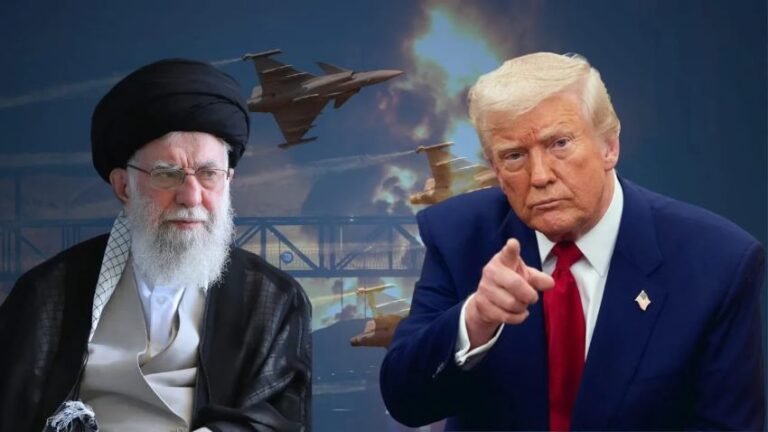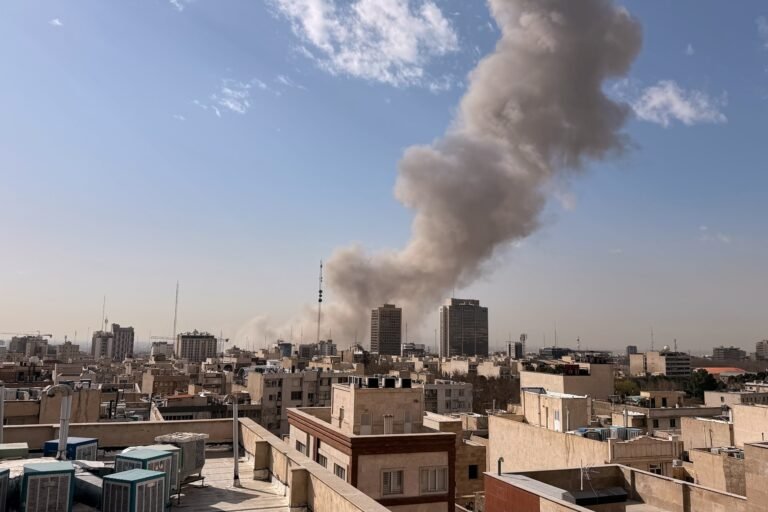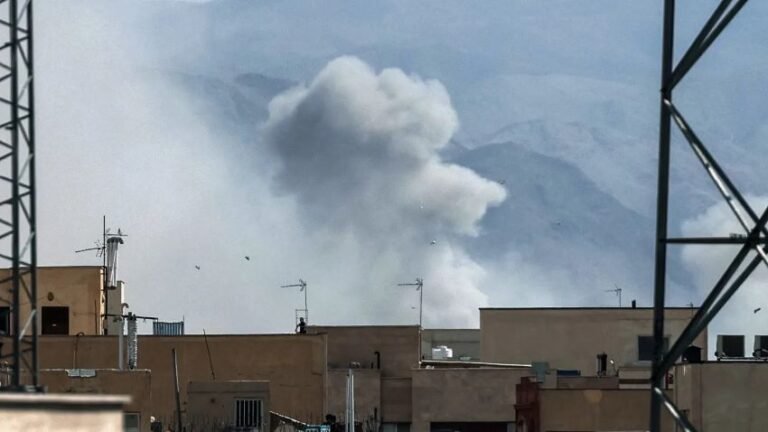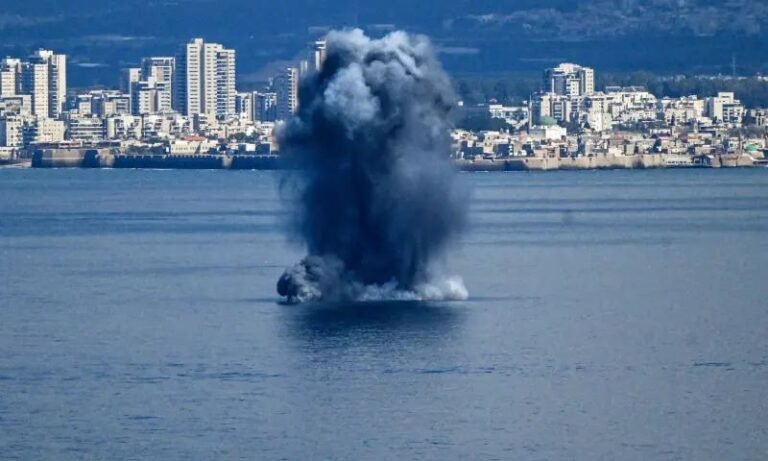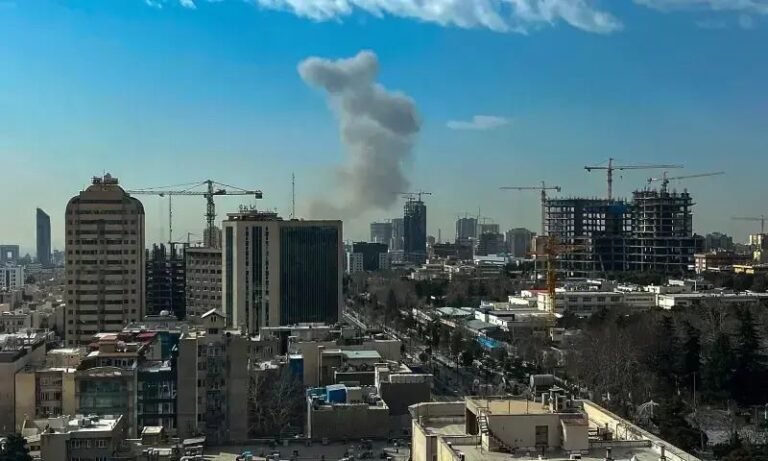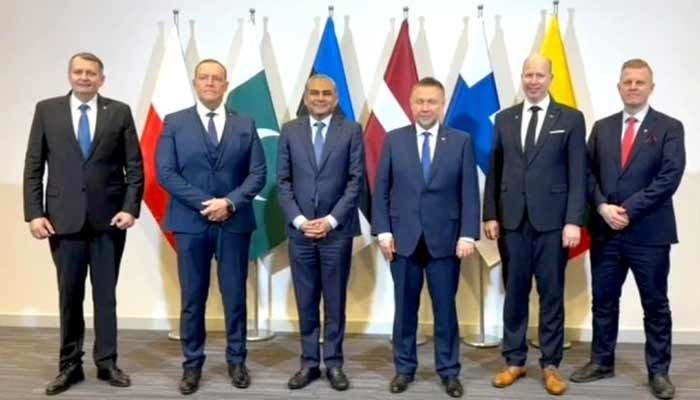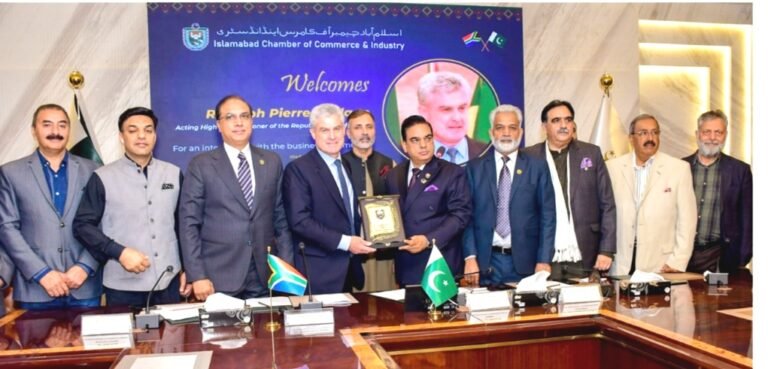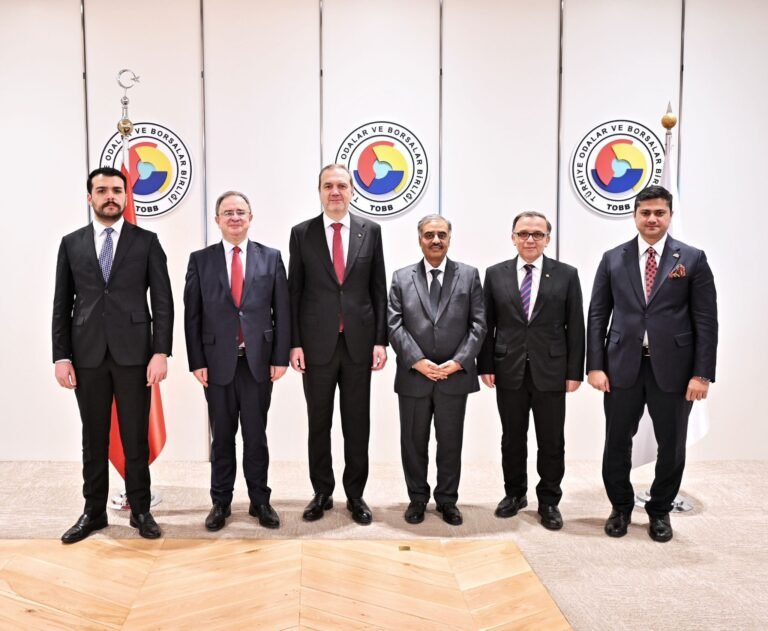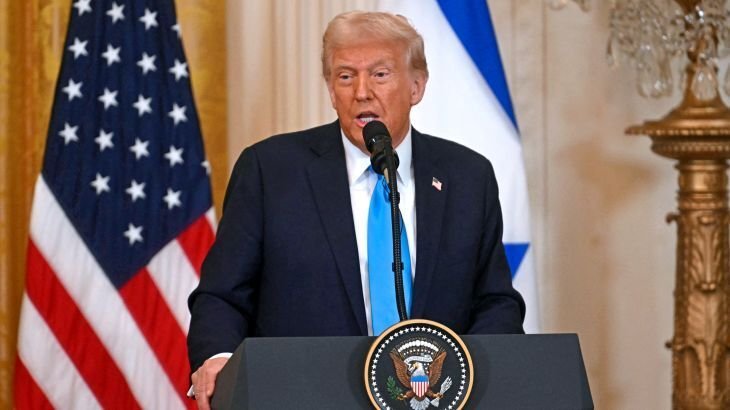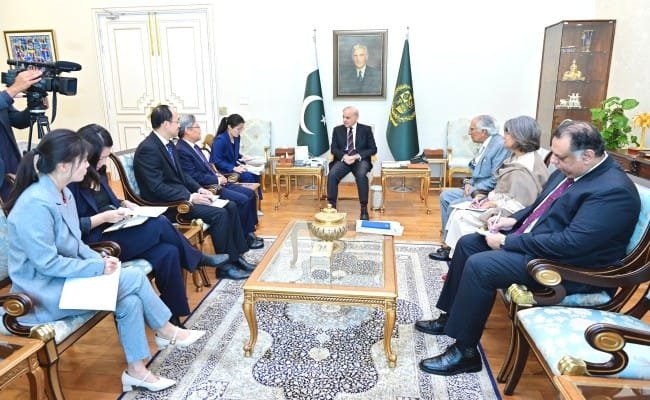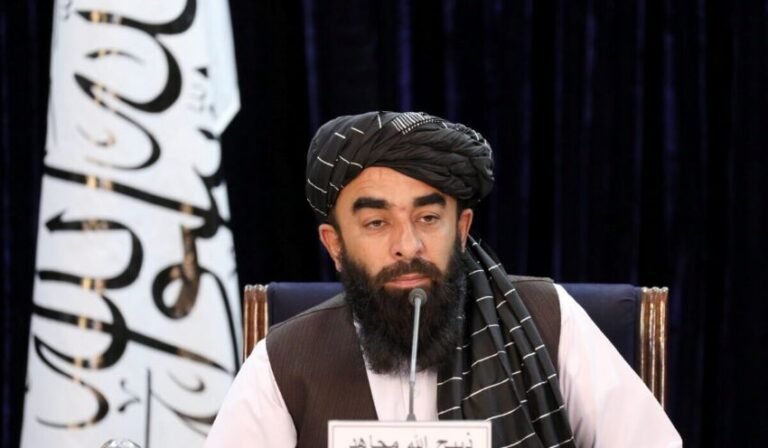Dr. Andrea Stevens Karnyoto
Indonesia was one of the founding members of ASEAN and will become the chairmanship of ASEAN in 2023. Also, as decided in the Riyadh summit 2020, Indonesia is the G20 presidency for this year (2022).
The handover was held at the end of the Rome Summit (30-31 October 2022). Those positions allow Indonesia to play a prominent role in the uncertain global situation, particularly in the Indo-Pacific region.
Among the most crucial issues are the energy crisis, the food shortage, and the financial stability crisis. Throughout many international and national meetings, Indonesia’s President, Joko Widodo, has emphasized the importance of peaceful diplomacy to reach any agreement.
Based on these statements, Indonesia has maintained its commitment to play an active role in maintaining world peace since its independence in 1945.
Recent disputes have occurred between several ASEAN countries and China over the South China Sea. Those ASEAN countries with maritime rights intersecting with China’s Nine Dash Line claim are Malaysia, Brunei, Vietnam, the Philippines, and Indonesia.
The South China Sea waters have been governed by international law, specifically, the United Nations Convention for the Law of the Sea (UNCLOS), even though the United Nations has denied China’s claim to these waters.
Indonesia’s presidential spokesman, Fadjroel Rahman (4/1/2020), the Indonesian President stated that “the Indonesian government is firm and prioritizes peaceful diplomatic efforts to resolve conflicts in the South China Sea; sovereignty must not be compromised.”
Indonesia’s Minister of Defense, Prabowo Subianto, has taken a similar approach regarding China’s nine-dash line claim. The principle of defense refers to this path of peace. One of the national principles of Indonesia is “A thousand friends are too few, one opponent is too many, and our defense principle is defensive, not offensive.”
Those two principles are always taken into consideration when solving a problem. “Peace must always be prioritized to achieve global stability.” said The Department of Public Communication and Inter-Agency Relations staff, the Indonesian Minister of Defense, Dahnil Anzar Simanjuntak (4/1/2020).
“The Nine Dash Line is a unilateral claim made by China that has no legal basis in international law, particularly UNCLOS 1982”, said Foreign Minister Retno Marsudi on Friday (3/1/20).
While China and Indonesia disagree over maritime boundaries, China is one of the most influential countries in Indonesia, both economically and culturally. It is believed that Indonesia and China share the same concept of society, namely “mutual cooperation,”.
The principle that prioritizes cooperation to achieve goals is deeply ingrained in both society and the country. As well in 2015, President Xi Jinping officially proposed the concept of a community aimed at progressing together in the future.
There is a mutually beneficial relationship between Indonesia and China at present. China’s investment in Indonesia reached US$3.2 billion in 2021, according to the Indonesian Investment Coordinating Board (BKPM).
Besides Singapore and Hong Kong, China’s investment ranks third on Indonesia’s largest investors list. As a percentage of the total foreign investment in Indonesia, China contributed 10.2%. During President Widodo’s visit to Beijing on Tuesday (7/26/22), Indonesia expanded its export agreement with China, which included 1 million tons of CPO and a wide range of other agricultural products.
A sea area that has become part of Indonesia’s South China Sea territory has been renamed “North Natuna Sea” by the Indonesian government. This name comes from the name of the archipelago that is located in that area.
A broad area of waters lies north of Natuna, including an exclusive economic zone that extends 200 miles from the archipelago’s coastline. As a consequence, China commented through the spokesman for the Chinese Ministry of Foreign Affairs, Geng Shuang, at a press conference, saying that “renaming does not make any sense and is not recognized by international standards for naming regions” (7/18/2017).
However, Indonesia has the authority to name its territories. Registering marine names can be done through a particular organization in charge of recording marine names, known as the International Hydrographic Organization (IHO).
Besides the Arafura Sea, which is north of Sulawesi and sits on the Philippines’ border, the North Natuna Sea is a prosperous fishing ground. Therefore, it does not surprise anyone that many fishermen come there to fish.
This region has the potential not only to produce fisheries but also to produce oil and gas that will contribute to the wealth of the country. Approximately 14,386,470 barrels of oil and 112,356,680 barrels of natural gas are estimated in Natuna.
There are several gas kinds in the area, including the D-Alpha field, which is located 225 kilometers north of Natuna Island with a total reserve of 222 trillion cubic feet (TCT). Among Asia’s largest hydrocarbon gas sources is 46 TCT of hydrocarbon gas. The area remains within Indonesia’s Exclusive Economic Zone (EEZ).
In spite of the fact that only four ASEAN member countries are directly impacted, The Declaration on the South China Sea was adopted by all ASEAN members and emphasized that ASEAN stood united in opposing China’s claim.
The motives behind each ASEAN member country’s different strategies towards China regarding the South China Sea problem can be explained using structural realism as an analytical tool. There is a tendency for the Philippines and Vietnam to adopt a “balancing strategy” against China, followed by Cambodia, Laos, and Myanmar adopting a “bandwagoning strategy.” Other countries show no bias towards either side.
For the South China Sea issue, Indonesia’s stance is that it must remain firm and peaceful and that all activities must be under the UNCLOS agreement. As well as Malaysia’s government support, Indonesia has the full support of other Southeast Asian countries in maintaining the security of the South China Sea.
Shahril Sufian Hamdan, the Spokesman Prime Minister’s Economic Director of Malaysia, said Indonesia could take on that role when it becomes Chair of ASEAN next year. In his opinion, Indonesia has a crucial role in resolving tensions between Southeast Asian countries and China in these waters (7/2/2022).
The gains must be balanced among the countries in the region. In order to effectively cooperate with countries in the South China Sea region, the Indonesian government may need to collaborate with other organizations.
From a strategic standpoint, the South China Sea has economic and political significance. As of now, Indonesia has also initiated meetings with the US, India, Russia, and Australia, which are important partners of ASEAN, in addition to facilitating forums and a more dominant bilateral approach between China and the ASEAN countries.
Unfortunately, the four ASEAN countries (Philippines, Vietnam, Malaysia, and Brunei) involved in the South China Sea conflict tend to override regional ASEAN mechanisms for conflict resolution.
It indicates that among ASEAN member countries, there remain differences in interests, not only because the ASEAN mechanism is increasingly lacking in the South China Sea conflict. Also, it shows mutual suspicion or distrust between countries.
In addition, it shows a lack of confidence in ASEAN’s ability to resolve the dispute in the South China Sea by ASEAN values and norms. Thus, Indonesia and China will suffer from non-peaceful negotiations.
The Indonesian government must take care when implementing economic and political policies with both ASEAN nations and China since a non-peace approach poses many dangers for Indonesia.
*The writer has Ph.D. from Harbin Institute of Technology, China
**The views and research expressed by the writer here in this article do not reflect the position of the Diplomatic Insight and Institute of Peace and Diplomatic Studies and the staff associated.
Established in December 2008, The Diplomatic Insight is Pakistan’s premier diplomacy and foreign affairs magazine, available in both digital and print formats.

